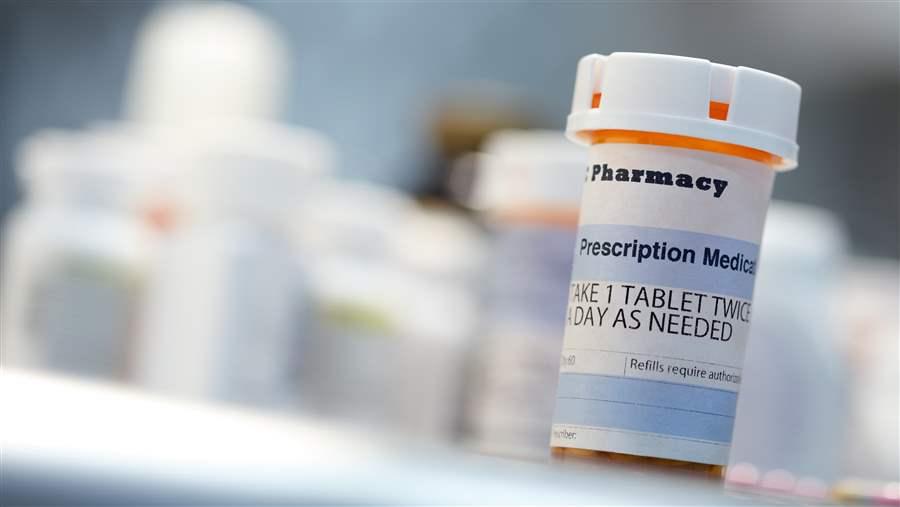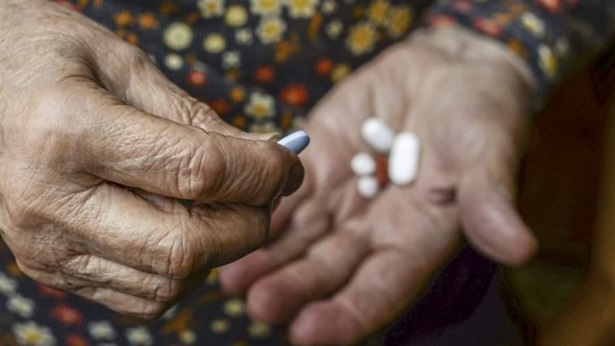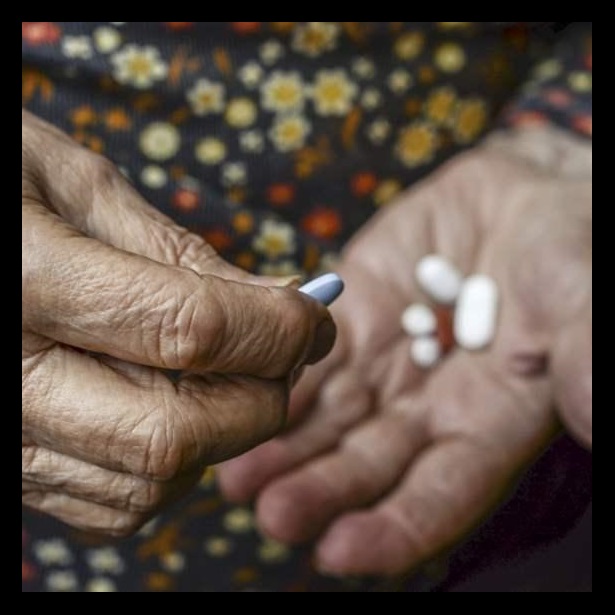Improvements to Prescription Drug Monitoring Programs Can Help Stop Overdose Deaths
 GettyImages
GettyImagesPrescription drug monitoring programs can help prescribers and pharmacists identify patients at risk for opioid abuse before addiction takes hold.
Despite continued efforts from lawmakers and public health officials to combat prescription drug abuse, the Centers for Disease Control and Prevention has announced that nearly 19,000 people died in 2014 from overdoses involving prescription opioids, the highest number ever recorded and a 16 percent increase from the previous year.
These statistics highlight that more must be done to effectively curb opioid abuse. Fortunately, states are increasingly using evidence-based tools to better inform prescribing decisions and help slow the troubling trend of overdose deaths.
Prescription drug monitoring programs (PDMPs) are one such tool that can help stop opioid abuse before it starts. These statewide electronic databases track the dispensing of certain controlled substances, including opioids, and can help prescribers and pharmacists to identify patients at risk for abuse before addiction takes hold.
PDMPs have shown to be effective in changing prescriber behavior and reducing the number of patients who visit multiple providers seeking the same or similar drugs. In fact, the White House Office of National Drug Control Policy considers prescription drug monitoring to be an integral part of stopping opioid abuse and overdose deaths.
Although 49 states have PDMPs, clinicians report that accessing these data is a time-consuming process, so utilization remains suboptimal in most states.
States are now exploring various strategies for improving the usability and functionality of PDMPs; some of the most promising include:
- Unsolicited reporting, where alerts about patients who may be engaging in potentially harmful drug use based on PDMP data are sent to prescribers and dispensers. These alerts can help inform prescribing decisions.
- Delegation, where prescribers assign someone else, such as a nurse or office staff member, to obtain the PDMP report on their behalf. Delegating allows prescribers to spend more time on patient care while continuing to access important clinical information.
- Integrating PDMP data into electronic health records, so that data on a patient’s controlled substance prescription history are available to prescribers at the point of care.
PDMPs can play an essential role in the fight against opioid abuse, but only if their information is available at a time and in a way that’s most useful to clinicians. States should explore implementing practices such as unsolicited reporting, delegation, and electronic health record integration, which can make the monitoring programs more effective tools.










